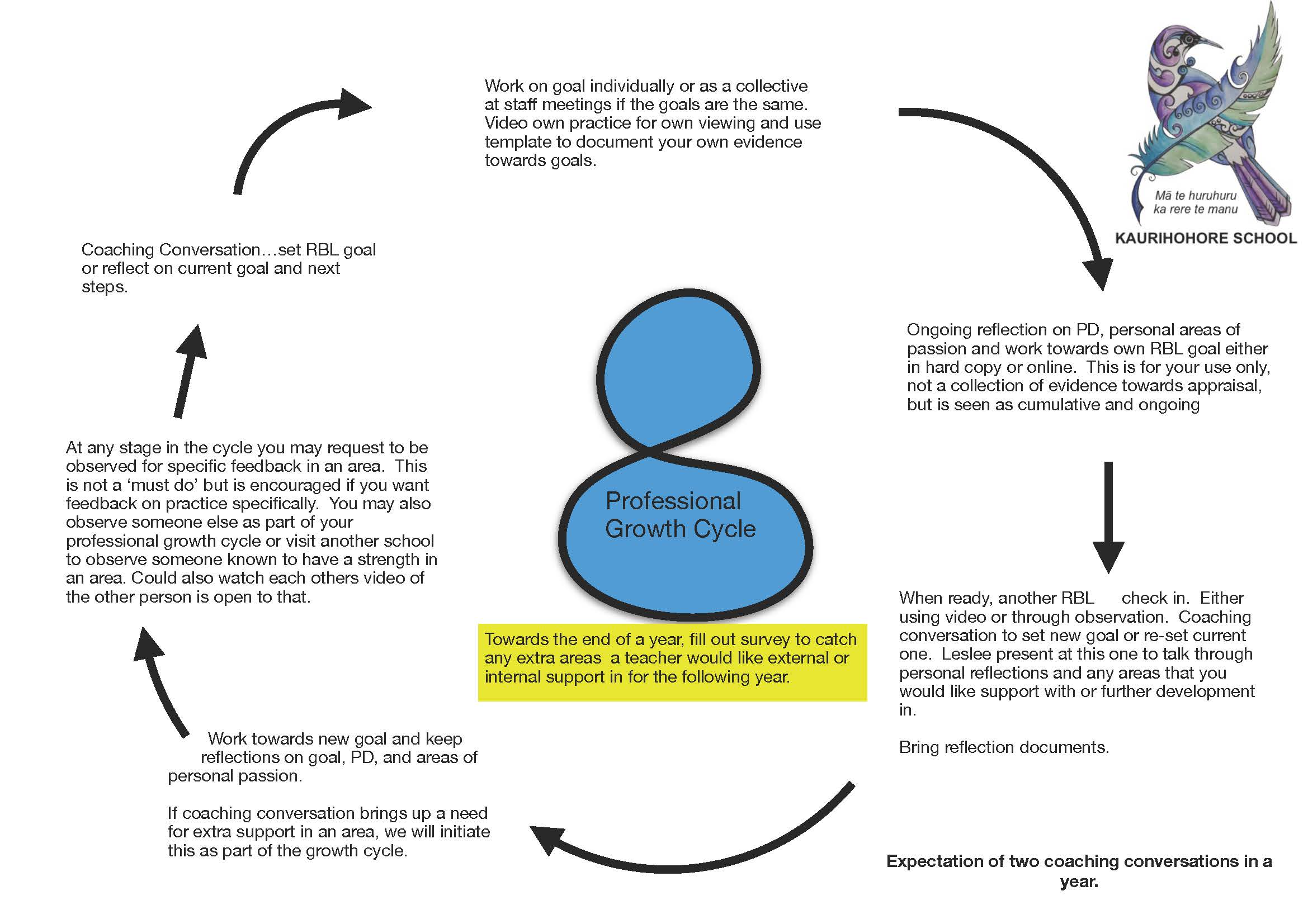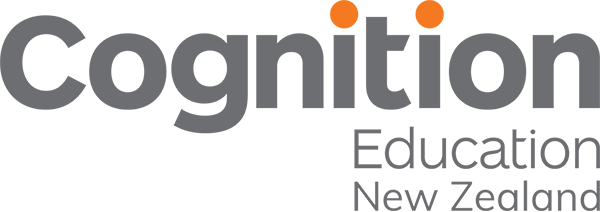New for NZ – Professional Growth Cycles
Performance appraisal requirements for teachers in New Zealand have recently been removed by the Teaching Council. In its place, schools will be co-designing an individualised Professional Growth Cycle to ensure teachers are involved in continuous, meaningful learning and development that supports them to meet the Standards for the Teaching Profession.
The move comes in response to concerns about extraneous compliance activity in some schools and unnecessary additional workload for teachers. Although I’m sure you are aware there have been changes in this area, with the year that we have just had you could be forgiven for having put this one on the back burner or into the too-hard basket. The good news is that the feedback we are hearing from leaders and teachers in the sector is overwhelmingly positive about these changes.
Here is a short and sweet summary of what you need to know to start developing your school’s Professional Growth Cycle if you haven’t already.
What has changed?
In brief, there is no longer a requirement for teacher appraisal and before long we won’t even be hearing the word “appraisal” anymore. No tears there. Alongside this change, there will be no further auditing of teacher evidence, and there is no need to gather a portfolio of evidence, do a certain number of observations, or complete a year-long “inquiry” solely for the purposes of appraisal.
Instead, the focus is on each school developing their own Professional Growth Cycle that supports authentic, collaborative teacher learning and growth. The afore-mentioned activities may still be included as part of your new process and naturally occurring evidence will still serve as the catalyst for productive discussion around teacher practice and impact on student learning.
What hasn’t changed
- If there is a concern that a teacher or kaiako is not meeting the Standards or Paerewa; evidence related to the concern, the professional learning support to address the concern, and the changes in teacher practice will still be expected to be collected.
- The Council’s requirements for induction and mentoring for teachers moving towards holding a Tūturu (Full: category I) practising certificate remain in place.
- The Council is about the start the work on removing performance appraisal for principals, tumuaki and ECE professional leaders but, at this time the requirements for their appraisal remain.
What is a Professional growth Cycle?
Each school is now expected to develop their own Professional Growth Cycle within their context, taking into account what is relevant and meaningful for their setting and what fits with their existing practices.
A Professional Growth Cycle should be underpinned by a set of elements (you can find these here). These elements include the co-construction of shared understanding among staff about what the six Standards for the Teaching Profession look like in practice. This may be a timely opportunity to synthesise learning from recent PLD initiatives and consolidate teacher knowledge, while also having open conversations about effective teaching and learning.
Another of the elements underpinning a Professional Growth Cycle is that every teacher will be given the opportunity to discuss, and receive feedback on, their practice, including through observation. Feedback and observation could involve peers or someone who is best suited to enable a discussion that will lead to professional growth for the teacher. This provides a perfect excuse to put the topic of observations on the table for review. Have you considered introducing the use of video to support teacher reflection? Or are you ready to distribute leadership by training teachers as Impact Coaches to enable peer to peer coaching conversations?
Your Professional Growth Cycle should be developed with input from teachers and is intended to capitalise on the authentic learning collaborations between teachers that are likely to be in place already. Focusing on how teachers use and meet the Code [Ngā Tikanga Matatika] and Standards [Ngā Paerewa] in their everyday practice, as well as supporting professional learning in a natural way will result in professional improvement.
You can read more about the changes and find the full article on Professional Growth Cycles on the Teaching Council website here.
Get in touch with us today for support to co-design your own unique and powerful Professional Growth Cycle.
A Professional Growth Cycle could look like this one from Kaurihohore School, Kamo.
Leslee and her team have designed a cycle that incorporates their existing classroom observation and coaching conversation process, based on the Relationships First Impact Coaching model.


